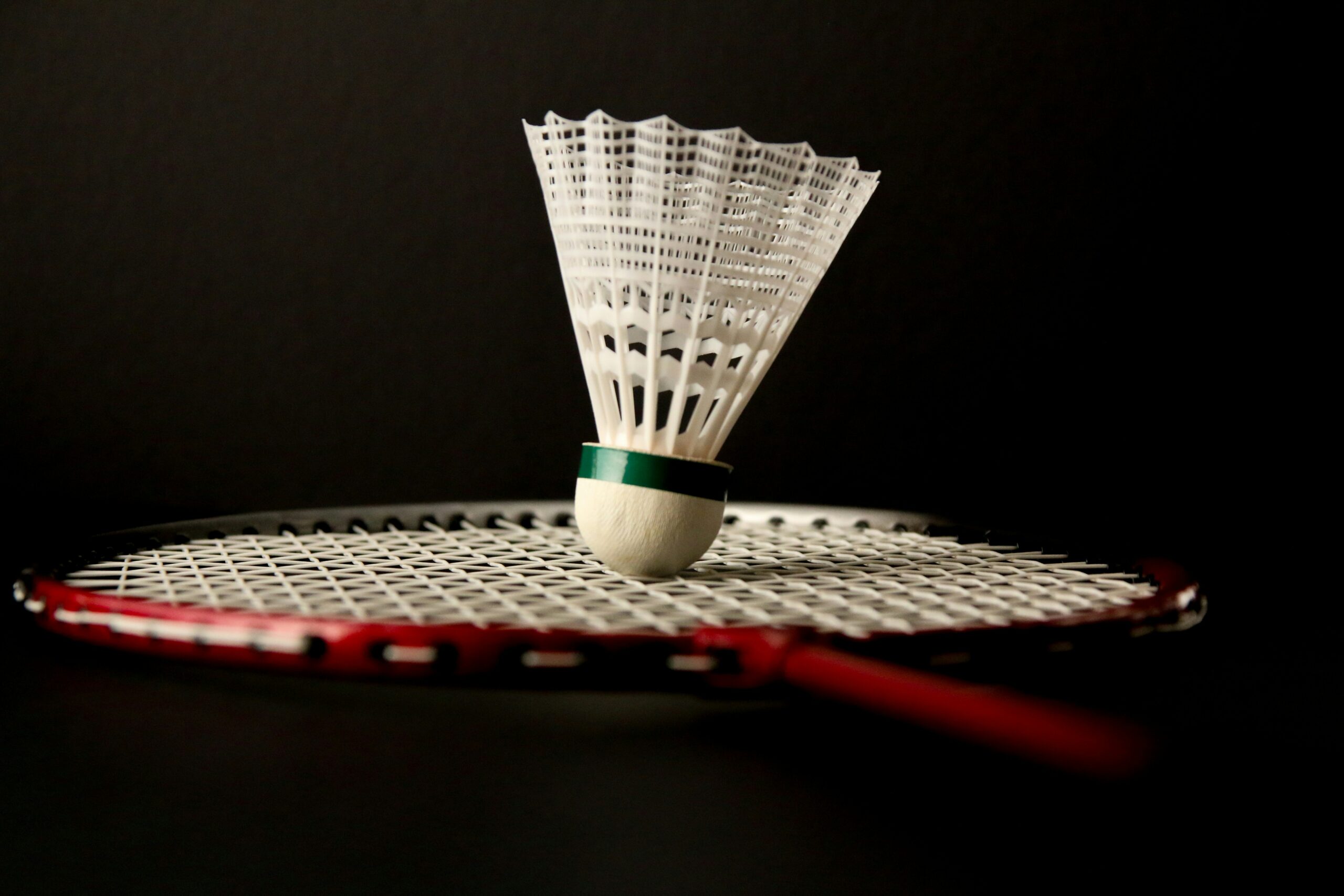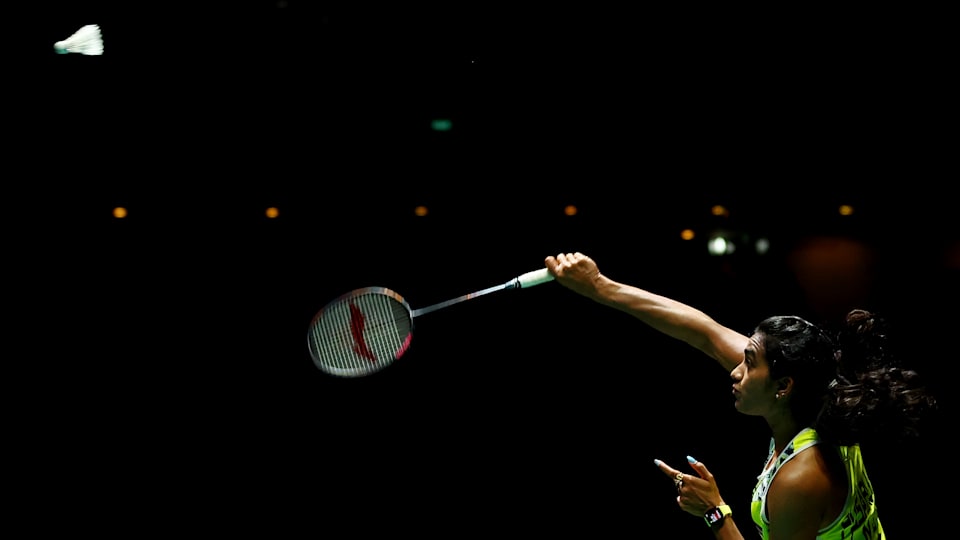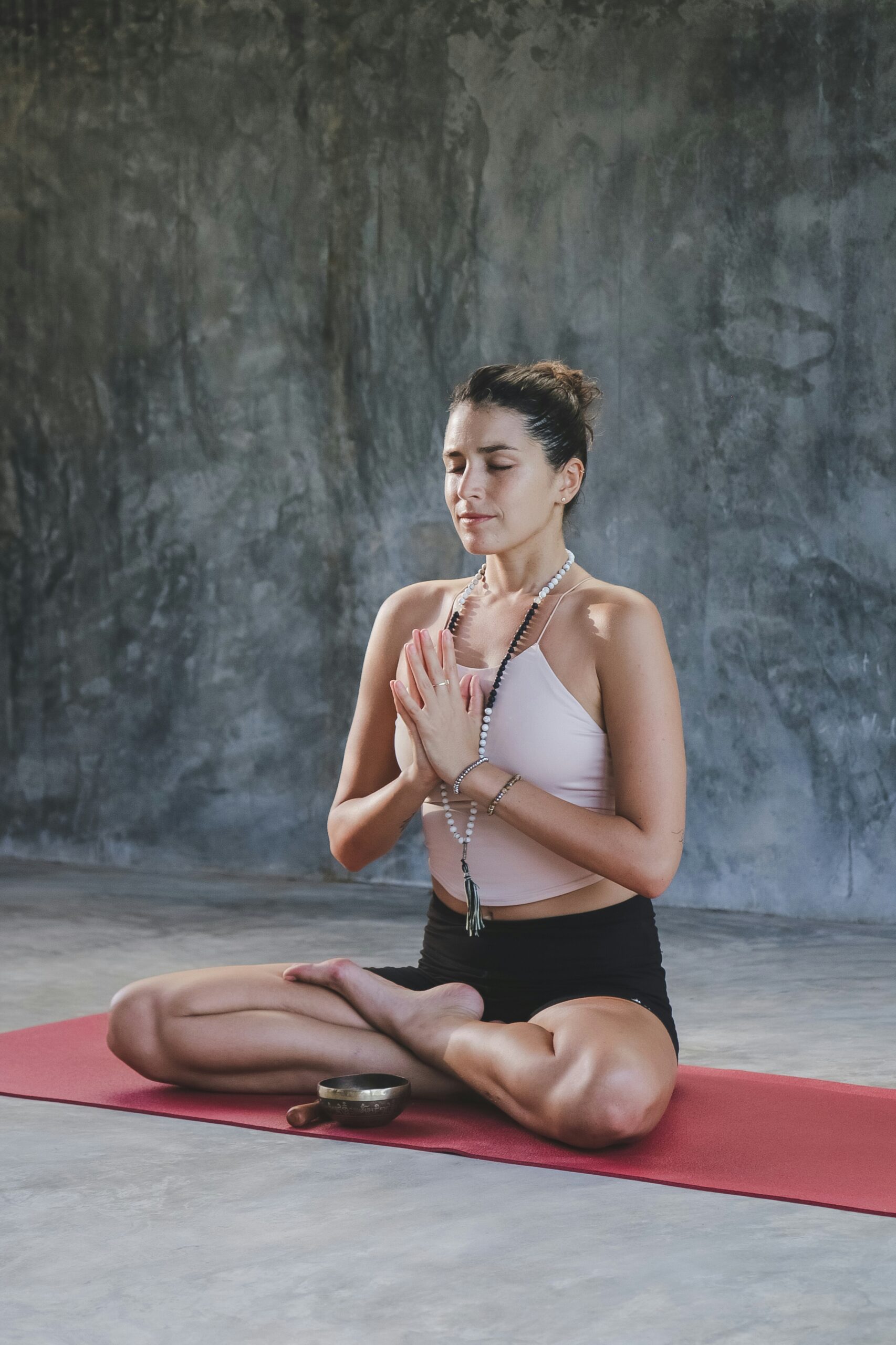Have you ever wondered what truly separates the best badminton players from the rest? As you watch elite players, it’s evident that their incredible technical skills play a significant role. But dig a little deeper, and you’ll discover the hidden power of mental strength. Understanding the balance between technical skills and mental fortitude can transform your approach to high-level badminton.
Technical Skills vs. Mental Strength
High-level badminton relies heavily on both technical prowess and mental resilience. While mastering technical skills such as precision smashes, swift footwork, and strategic gameplay is crucial, the mental aspect of the sport can often make the difference between victory and defeat. Mental focus becomes the deciding factor in crucial moments of a match.
The Importance of Technical Skills
Technical skills are the foundation of any badminton player’s game. Mastering strokes, refining footwork, and developing strategic play are essential for competing at high levels. These skills require countless hours of practice, repetition, and coaching to perfect. However, while technical prowess can elevate a player to a competitive level, it is not always enough to secure wins under pressure.
The Role of Mental Strength
Mental strength encompasses focus, resilience, and psychological endurance. When you face a challenging opponent or are down by a few points, your mental resilience determines your ability to stay calm and respond effectively. Being able to maintain focus and manage stress, especially in high-stakes matches, often separates the good players from the great ones.
Mads Christophersen’s Experience
Mads Christophersen’s journey offers a compelling glimpse into the power of mental strength in badminton. In preparation for the Orleans Masters 2021, Christophersen incorporated mindfulness techniques into his routine. One specific technique was focusing intently on his shoe as a means to stay present during matches.
Mindfulness Techniques
Mindfulness involves being fully present and engaged in the current moment. For Christophersen, this practice translated into improved performance by minimizing distractions. His ability to remain mentally present and focused allowed him to perform at his best, ultimately reaching the finals of the Orleans Masters in 2021.
The Importance of Being in the Zone
Elite badminton players often talk about getting “in the zone,” a state of heightened focus and performance. Achieving this state requires mental training that goes beyond physical practice.
Mental Training for Performance
Mental training techniques help players maintain concentration and composure during the most critical points of a match. Developing the ability to enter and sustain this state can be the key to consistent high-level performance.
Staying Focused
Maintaining focus during a match, particularly during high-pressure moments, is essential. When you are “in the zone,” your movements become almost instinctual, and your decision-making sharpens. This heightened state of awareness and focus is what many top players aim to achieve through mental conditioning.
Challenges of Mental Training
One of the main challenges athletes face when working on their mental game is measuring progress. Unlike physical and technical skills, improvements in mental strength are not always immediately visible or easy to quantify.
Measuring Mental Progress
Progress in mental training can be subtle and gradual. Often, players may not notice improvements immediately, making it challenging to stay motivated. This intangibility can lead some athletes to underappreciate the importance of mental training.
Recognizing Improvements
To overcome this challenge, it’s crucial to reflect regularly on your mental state and performance. Keeping a journal or working with a sports psychologist can help you track mental progress and recognize improvements over time.

Gregory and Jenny Mairs’ Perspective
Gregory and Jenny Mairs, seasoned badminton players, strongly believe that mental strength sets top players apart. They point out that among players with similar physical and technical skills, mental resilience becomes the key differentiator.
The Mental Edge
The mental edge involves managing nerves, staying calm under pressure, and maintaining unyielding focus. These mental skills can be the determining factors in closely contested matches.
Developing Mental Strategies
Recognizing the importance of mental training, the Mairs have plans to create content focusing on mental strategies in badminton. By sharing their insights and experiences, they aim to help fellow athletes enhance their mental game.
PV Sindhu’s Techniques
Indian badminton star PV Sindhu uses several techniques to manage stress and maintain her calm demeanor. Meditation and personal time are central to her routine, helping her stay mentally balanced and focused.
Meditation for Calm
Sindhu incorporates regular meditation into her training regimen. Even short meditation sessions can significantly impact stress management and mental clarity.
Personal Time
Carving out personal time for activities that relax and recharge you is vital. Whether it’s reading, listening to music, or simply spending time with loved ones, these activities help maintain mental well-being.
Daily Meditation Practices
Both Christophersen and Sindhu understand the value of daily meditation practices. These practices are not only simple but also highly effective in enhancing mental strength for badminton players.
Simple Yet Effective
Meditation doesn’t have to be time-consuming. Even a few minutes daily can make a substantial difference in mental clarity and focus.
Routine Integration
Incorporating meditation into your daily routine can be seamless. Find a quiet space, focus on your breathing, and allow your mind to relax. This practice can help significantly during matches by improving concentration and reducing anxiety.
Christophersen on Meditation
Christophersen emphasizes the importance of viewing stray thoughts during meditation positively. Detecting and managing these thoughts can enhance mental focus and flexibility.
Managing Stray Thoughts
Stray thoughts during meditation are normal. Instead of viewing them as interruptions, recognize them and gently guide your focus back to your breath or focal point. This practice can improve your ability to shift focus quickly during a match.
Quick Mental Shifts
Developing the ability to make quick mental shifts is crucial in badminton. Whether you need to readjust your strategy mid-game or recover from a lost point, mental agility is key.

Mindful Breathing Techniques
Mindful breathing is another technique that Christophersen uses to stay present during matches. Different breathing patterns can either energize or relax you, depending on what the situation demands.
Staying Present
Focusing on your breath can anchor you to the present moment. This focus helps improve your reaction time and decision-making during critical points in a match.
Energizing vs. Relaxing
Mindful breathing can be adapted to your needs. Fast, deep breaths can energize you if you’re feeling sluggish, while slow, deep breaths can relax you if you’re feeling anxious.
Off-Court Benefits
The mindfulness and mental strength strategies used in badminton have applications beyond the court. These skills can significantly improve your daily life by helping manage stress and nerves in various situations.
Life Skills
Mental training in sports teaches valuable life skills. Skills such as stress management, focus, and composure are transferable to many areas, including work, academics, and personal relationships.
Managing Daily Stress
Just as in badminton, staying present and focused can help you navigate life’s daily challenges. Mindfulness practices can reduce stress, improve mental clarity, and enhance overall well-being.
Other Areas of Application:
| Area of Application | Benefits |
|---|---|
| Work | Improved focus and efficiency |
| Academics | Enhanced concentration |
| Personal Relationships | Better stress management |
| Decision Making | Increased clarity |
Understanding the balance between technical skills and mental strength is essential for high-level badminton performance. While technical prowess is crucial, the ability to maintain focus, manage stress, and stay calm under pressure often determines the outcome of matches. By incorporating mental training techniques such as mindfulness, meditation, and mindful breathing, you can enhance your mental resilience, not only in badminton but also in daily life. So, as you continue to hone your technical skills, remember to give equal importance to developing your mental game. It might just be the deciding factor that elevates your performance to the next level.





